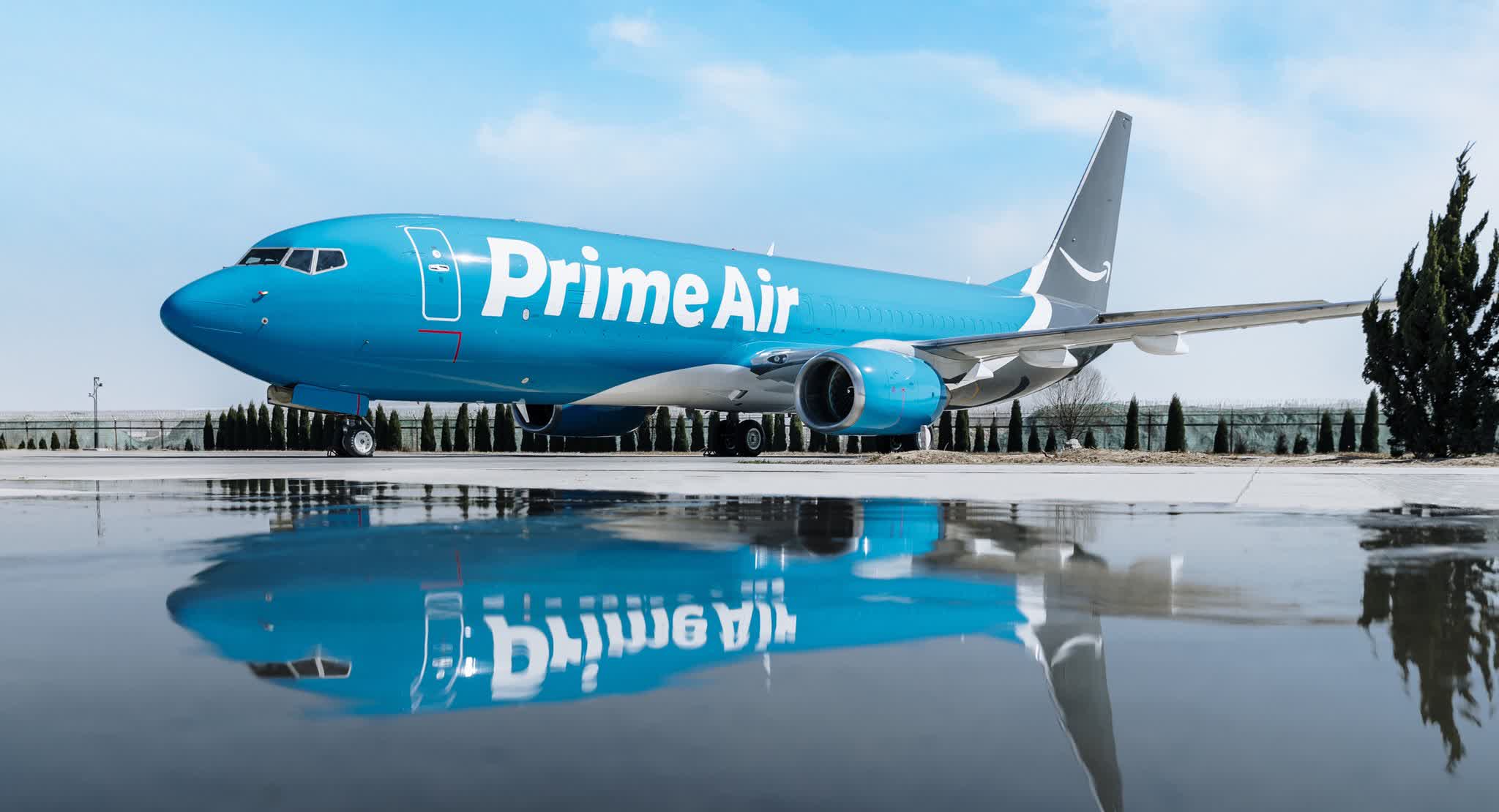What just happened? Amazon on Tuesday said it has purchased nearly a dozen used Boeing 767-300 aircraft to expand its air transportation network. Four of the aircraft are from WestJet and are currently being converted from passenger plans to cargo jets. Amazon expects these to enter its fleet later this year. The remaining seven jets, from Delta, should be ready to fly the friendly skies by 2022.

A spokesperson told Bloomberg that Amazon expects to have more than 85 planes in service by the end of next year. The purchase marks the first time Amazon has ever bought an aircraft. All of the jets it has used up to this point have been leased.
“Having a mix of both leased and owned aircraft in our growing fleet allows us to better manage our operations, which in turn helps us to keep pace in meeting our customer promises,” said Sarah Rhoads, vice president of Amazon Global Air and former Navy pilot.

Financial details of the purchase weren't shared although according to Rob Morris, a consultant at Ascend by Cirium, the Delta jets could be worth $13 million to $14 million each.
Indeed, being able to eliminate the middleman – in this case, traditional delivery specialists like UPS, FedEx and the USPS – allows Amazon to maximize profits and better control how goods are shuffled from warehouses around the globe. It also enables Amazon to create more jobs.
https://www.techspot.com/news/88181-amazon-buys-11-boeing-767-300-jets-expand.html